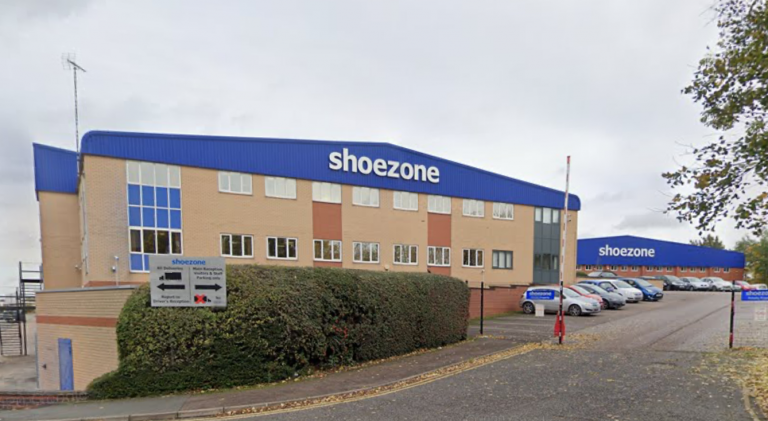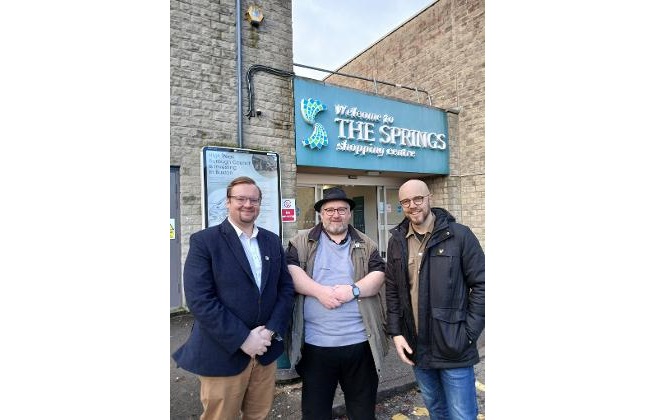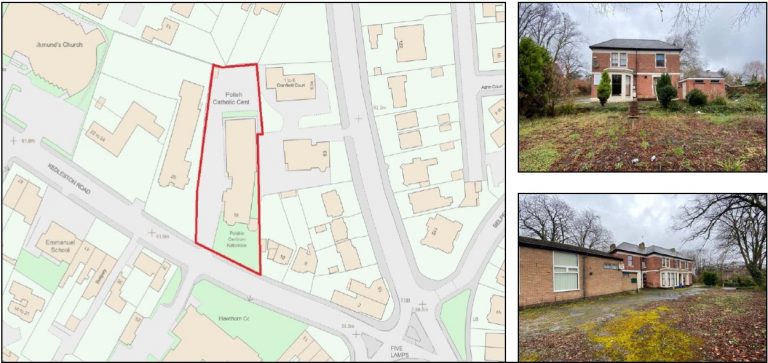Hinckley-based supply chain solutions provider, DP World Logistics UK Limited (DP World) has bought the business and assets of physical entertainment distributor Utopia Distribution Services Limited (UDS).
It follows the appointment of Mark Supperstone and Ben Woodthorpe of Evelyn Partners as joint administrators of the business on 13 December.Downturn in East Midlands business confidence
Budget fallout and rising costs force up company insolvencies
White paper unveiled to drive £20bn green energy transformation in the Midlands
- Innovative projects driving resilience: Projects such as Nottinghamshire’s STEP fusion programme, Coventry’s Greenpower Park and Humber 2030 Vision showcase the Midlands’ role in pioneering clean energy technologies, from fusion energy to battery innovation, carbon capture and hydrogen power.
- Integrated energy system planning: The region is driving forward place-based, ‘whole-system’ energy planning, developing Local Area Energy Plans and initiatives such as Project PRIDE. These efforts ensure energy supply and demand are better integrated, supporting businesses and communities.
- A green jobs revolution: By 2041, the Midlands could achieve nearly 200,000 new green jobs, including in low carbon hydrogen, clean energy and smart energy systems clusters.
Shoe Zone makes profit warning amidst “very challenging trading conditions”
Shoe Zone has issued a profit warning following the first two months of its financial year and the first half of December, in which it says it has experienced “very challenging trading conditions.”
This includes weakening consumer confidence and unseasonal weather, both of which have decreased revenue and profit.
The company shared: “Consumer confidence has weakened further following the Government’s budget in October 2024, and as a result of this budget, the Company will also incur significant additional costs due to the increases in National Insurance and the National Living Wage. “These additional costs have resulted in the planned closure of a number of stores that have now become unviable. The combination of the above will have a significant impact on our full year figures.”The business now expects adjusted profit before tax for the financial year ending 27 September 2025 to be not less than £5m, down from previous expectations of £10m.
Step forward for Buxton town centre regeneration
Plans to regenerate Buxton town centre have moved a significant step forward after High Peak Borough Council’s Executive agreed to appoint Capital&Centric as the development partner for Revitalising Buxton.












